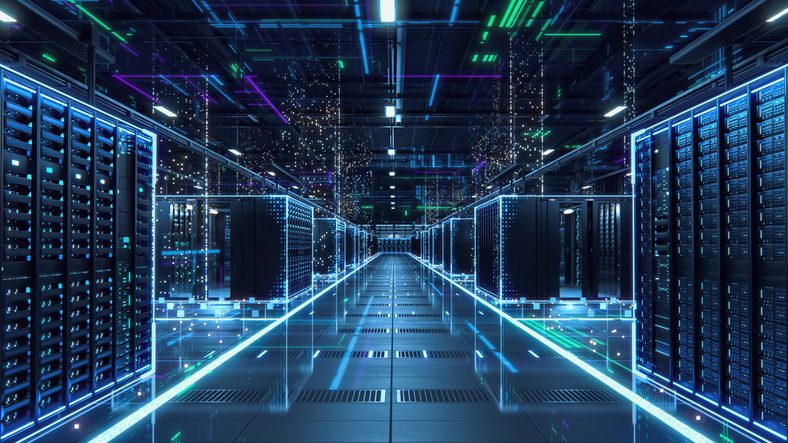There’s been a lot of talk lately about post-quantum cryptography (PQC), but it’s hard to know how seriously IT should take it.
After all, commercial-grade quantum computing is one of those technologies that seems like it’s been 5-15 years away for a long time.
Quantum computing is expected to have all kinds of positive benefits for processing power and speed. The one area of major concern is that when quantum systems reach a certain level of power and maturity, dubbed cryptographically relevant quantum computers, they would be able to break current public key cryptography algorithms like RSA and Elliptic Curve Cryptography.
In the last year, NIST finalized some standards for encryption algorithms that will theoretically protect data against quantum computers – for the first time giving IT organizations tested and viable options to protect data now against the quantum computers of the expected future. An example is the ML-KEM algorithm for key exchange.
Hypervigilant actors with outsized responsibility for security – such as Signal, Google, Microsoft, and Cloudflare – are already moving to implement PQC. Most of those implementations have a dual-encryption scheme, combining PQC with a traditional encryption methodology, largely in case the relatively new stuff turns out later to have some fatal flaw.
Post-quantum cryptography hit the news again this summer, when the Trump Administration issued an executive order putting the brakes on an executive order late in the Biden Administration that had attempted to accelerate government agency adoption of the new algorithms.
For IT, the question is: If there are no quantum computers currently capable of attacking current encryption methods, why go through the trouble and expense of future-proofing the data now? The answer is hoarding through an attack called “harvest now/decrypt later.” It refers to malicious actors grabbing all the encrypted traffic they can capture and warehousing it for a future date when they have access to quantum computers that can unlock the data.
Knowing the threat, IT needs a framework, and for now, that’s probably a question of time. If your business mostly is worried about keeping financial data out of anyone’s hands until the quarterly numbers are publicly released, harvesting is not a concern. If you’re running decades-long research projects filled with potential IP, or you’re storing the PII of young people and children, then you’d do well to follow the lead of a character in Neal Stephenson’s cryptography novel “Cryptonomicon.” Asked how long he wants his messages to remain secret, he answers: “I want them to remain secret for as long as men are capable of evil.”





















